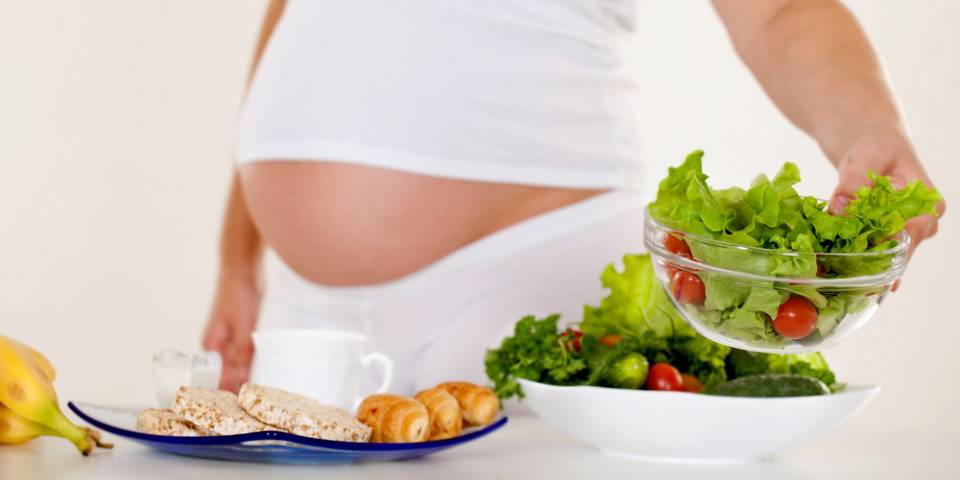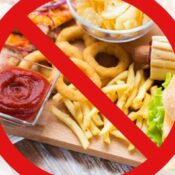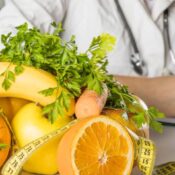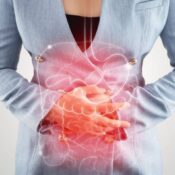
Healthy diet during pregnancy
Your diet during pregnancy helps you maintain your well-being and provides the nutrition your baby needs to develop and grow. As a general guide, moms-to-be should eat a healthy diet that’s high in nutrients and low in sugar, salt, and saturated fat. It is normal for a pregnant mother to gain weight; however, gaining too much or too little weight increases the risk of complications for you and your baby.
Healthy weight gain depends on the mother’s weight before pregnancy. The evidence supports the use of body mass index (BMI) as a guide for determining how much weight gain is recommended during pregnancy. A well balanced diet is generally sufficient to meet your nutritional needs during pregnancy. However, some foods contain higher concentrations of some nutrients specifically recommended during pregnancy.
What is a 'balanced diet'?
A healthy and balanced diet includes a wide variety of nutritious foods from all five food groups. It is also recommended that you drink plenty of water to keep yourself hydrated.
- whole grains and cereals
- Vegetables and legumes / beans
- Lean meats and poultry, fish, eggs, tofu, nuts and seeds, and legumes / beans
- Fruit
- Dairy products, including mainly skim milk, cheese and yogurt
Most of us have days when we eat well and days when our “reward” food intake can be greater. The desire to become pregnant can also make it more difficult to manage, especially when it comes to foods that are high in sugar, salt, or fat.
What about pregnancy cravings?
Food cravings during pregnancy were thought to be a sign of nutritional deficiencies in a pregnant mother’s diet; however, there is no evidence to support this link. Pregnancy can also cause changes in a mother’s tastes, and foods that were once attractive can take on a completely different flavor. Food aversions can develop during pregnancy, in part due to hormonal influence.
Are there any foods I should avoid during pregnancy?
There are some foods that should be avoided during pregnancy due to their risk of carrying specific bacteria or parasites. A listeria, salmonella, or toxoplasmosis infection during pregnancy can cause serious complications for the baby and increase the risk of miscarriage.
Some types of fish contain high levels of mercury, including shark / finfish, marlin or swordfish / swordfish, orange roughy, and catfish. Being selective about the type of fish to eat is important during pregnancy.



